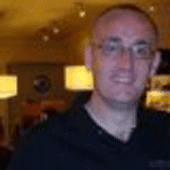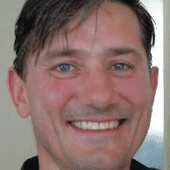10
2013
2013 Christmas Lightning Talks Competition
Line up

Andy Stewart

Amy Thompson

Ash Winter

Ivor Tymchak

Paul Berwin

Simon Davy

Stephen Blower

Steve Carter

James Jeffries
Summary
Every year Agile Yorkshire holds its Lightning Talk Competition. It's meant to be a fun evening where those who have come forward can wow the rest of us with ten minutes of insight, wisdom and dazzling presentation style. We keep on trying to improve things and this year we have a fantastic line up with more speakers than ever before and some amazing (and significant) prizes to give away.
The Lightning Talk format is simple. Stand up for ten minutes and talk about pretty much anything that's likely to be of geeky or agile interest to the rest of us. We're going to hand out score cards to everyone and tot up the numbers at the end for a grand prize giving before dashing to the Midnight Bell to unwind.
This year we've had an amazing response to our call for speakers, resulting in the top class final line up below. To get through the evening efficiently strict time keeping will be enforced. The ten minute limit will be marked with some kind of loud, hopefully gong based, noise. Also audience participation in the form of a countdown, wolf whistling or raucous shouts of "git orf" will doubtless be encouraged!
Programme
Test Anti Patterns - A Look at Some of the Most 'Popular' Test Anti Patterns

Andy Stewart
Scrum-tious Scrum Adoption: Top Tips for a Successful Recipe

Amy Thompson
Just enough, just in time?
Tell Stories Not Data

Ivor Tymchak
Can you have a contract to capture an agile project?

Paul Berwin
Turtles All The Way Down
Testers: Stop Moaning and Prove Your Worth

Stephen Blower
Agile is an Adjective







